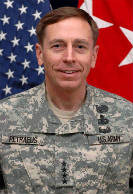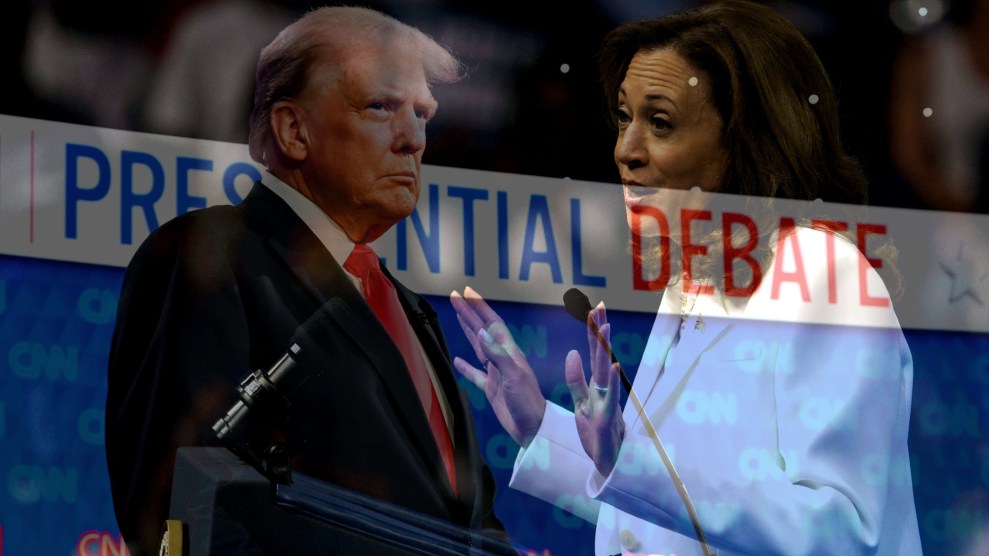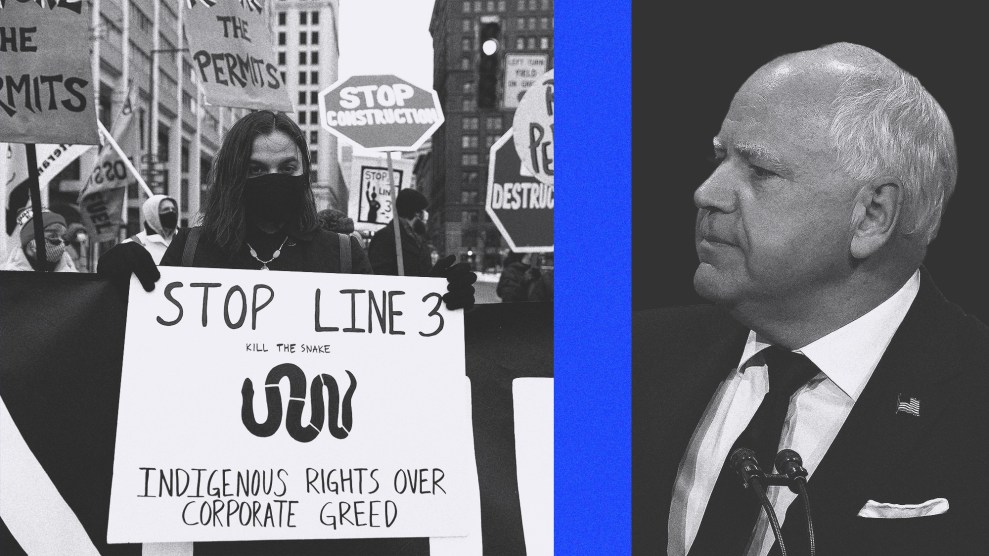
When David Petraeus and Ryan Crocker, respectively the top U.S. commander and diplomat in Iraq, testified before Congress last September, they effectively defused what at the time were rising Democratic calls for an immediate withdrawal from Iraq. The men spent days on the Hill, responding deftly to loaded questions from hostile members of Congress about the progress of the “surge” and whether last year’s increase in troop levels was giving way to political reconciliation in Baghdad—the stated of goal of putting more U.S. troops on Iraqi streets. The witnesses did their best to put a positive spin on things, rightly pointing out that, for the moment, violence in Iraq had plunged to levels not seen since shortly after the 2003 invasion. Together, they urged patience in the hope that the decline in killings might soon translate into political progress.
Petraeus is set to testify again next month, and if his recent comments to the Washington Post are any indication, this time he may bring a different message. “No one feels that there has been sufficient progress by any means in the area of national reconciliation,” the general told reporters during an interview in Baghdad’s protected International Zone.
From the Post:
The Shiite-led government of Prime Minister Nouri al-Maliki has won passage of some legislation that aids the cause of reconciliation, drawing praise from President Bush and his supporters. But the Iraqi government also has deferred action on some of its most important legislative goals, including laws governing the exploitation of Iraq’s oil resources, that the Bush administration had identified as necessary benchmarks of progress toward reconciliation.
Many Iraqi parliament members and other officials acknowledge that the country’s political system is often paralyzed by sectarian divisions, but they also say that American expectations are driven by considerations in Washington and do not reflect the complexity of Iraq’s problems.
In what appeared to be a foreshadowing of his congressional testimony, which his aides said he would not discuss explicitly, Petraeus insisted that Iraqi leaders still have an opportunity to act. “We’re going to fight like the dickens” to maintain the gains in security and “where we can to try and build on it,” he said.
Moreover, the general expressed some healthy skepticism as to whether the security gains produced by the “surge” will have lasting impact:
In the interview, Petraeus conceded that some elements of both the Awakening movement and the Mahdi Army may be standing down in order to prepare for the day when the U.S. presence is diminished. “Some of them may be keeping their powder dry,” Petraeus said of Mahdi Army members. “Obviously you would expect some of that to happen.
“The issue is, again,” he continued, “how to sort of prolong what has been achieved, in just a host of different neighborhoods, villages, towns and cities, so that the Iraqi structures can continue to gather strength.”















